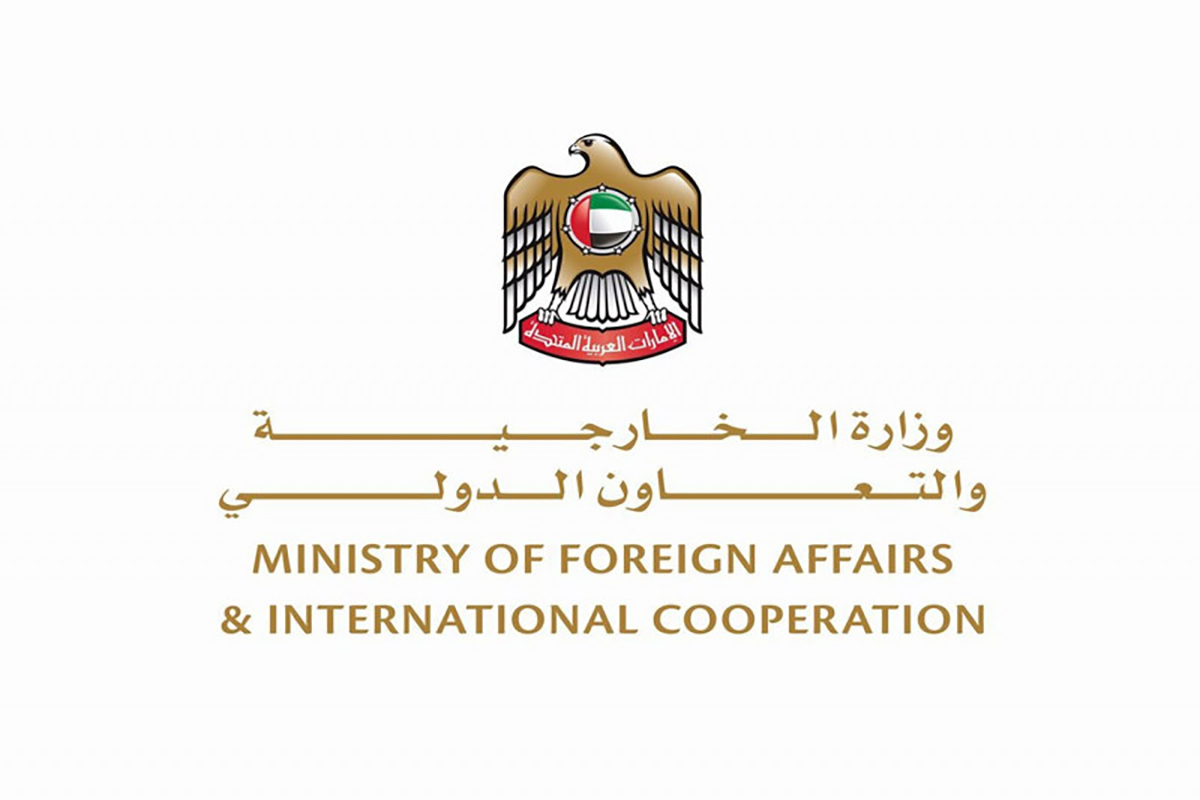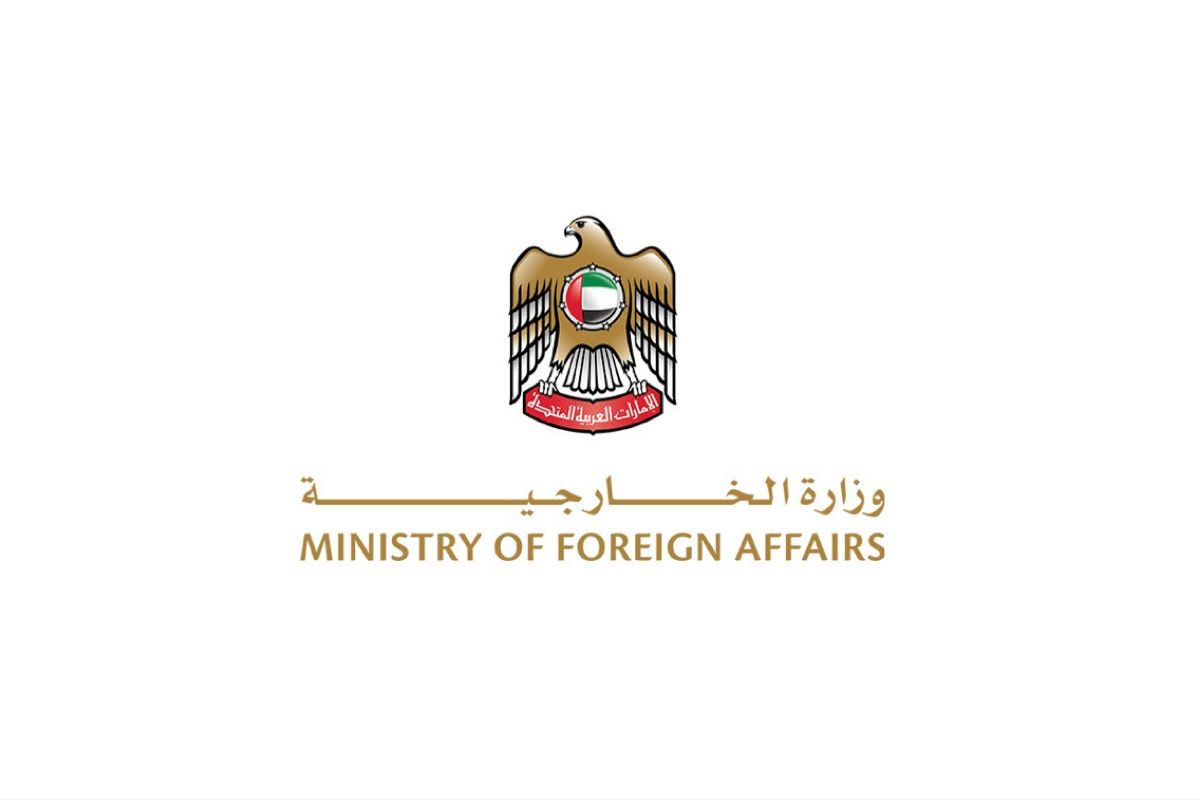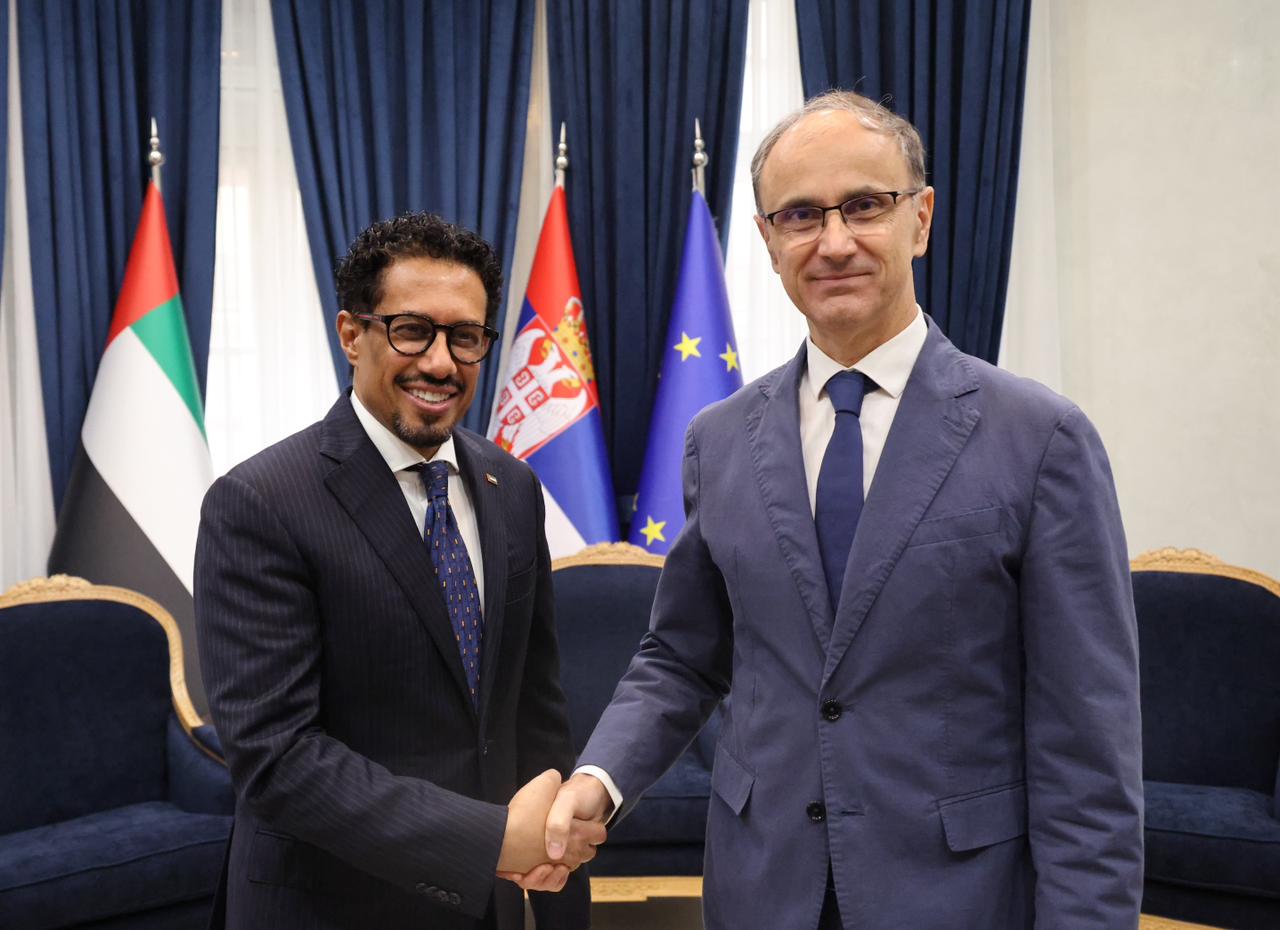
The UAE stressed that the only sustainable solution to overcome the deteriorating conditions in the Palestinian territory was to achieve a two-state solution through the creation of an independent and sovereign Palestinian state with East Jerusalem as its capital, in line with the relevant Security Council resolutions, the Madrid reference, and the Arab Peace Initiative.
This came in a written statement submitted by the UAE to the UN Security Council’s quarterly open debate on the situation in the Middle East, including the Palestinian Question. The statement drew attention to the difficult humanitarian, political, and economic challenges facing the Palestinian people, especially in light of the COVID-19 pandemic and the obstruction of the political process.
The UAE stressed that strengthening the international community’s tangible, practical, and urgent support for vital sectors in the Occupied Palestinian Territory, including the health and education sectors, must be an immediate priority. In this regard, the UAE highlighted the food and health aid it recently provided, reflecting its historic commitment to the Palestinian people. Between 2013 and 2020, the UAE has provided more than USD 840 million to finance vital sectors and support development efforts in the Palestinian territory.
This is in addition to the USD 2.6 million in food aid recently sent to thousands of Palestinian families in the Gaza Strip, the delivery of more than 30 ambulances, and other medical assistance since the onset of the pandemic.
The UAE stressed that the international community must help maintain the recent ceasefire and encourage efforts to prevent escalation and advance negotiations. The UAE emphasized the need to protect the prospects for the two-state solution and to break the deadlock by re-launching a credible peace process. In this context, the UAE affirmed its support for regional and international efforts to advance this process, particularly the efforts of Egypt and Jordan in helping reach a ceasefire. The UAE also underscored the need to stop all illegal practices in the Occupied Palestinian Territory, which threaten the two-state solution and violate international law and relevant Security Council resolutions. These activities include building and expanding settlements, confiscating and demolishing Palestinian property, and forcibly displacing the population. The UAE also stressed the importance of preserving the legal status of East Jerusalem, ensuring Palestinians can practice their religious traditions, and of respecting the historic role of Jordan as the custodian of the holy sites in Jerusalem.
Furthermore, the UAE reaffirmed its commitment to continuing working with regional and international partners to end the cycle of conflict in the Middle East based on its belief that the people of the region deserve to enjoy a decent life in stable countries and secure societies, where tolerance and prosperity prevail, and in which people can realize their hopes and aspirations.
Related News

UAE Expresses Solidarity with Ethiopia and Conveys Condolences Over Victims of Church Collapse
The United Arab Emirates has expressed its solidarity with the People's Democratic Republic of Ethiopia over victims of the collapse of a church under construction in Amhara region, which resulted in dozens of deaths and injuries.
View Details
UAE Expresses Solidarity with Namibia in Combating Wildfires in Etosha National Park
The United Arab Emirates has expressed its solidarity with the Republic of Namibia in combating wildfires in Etosha National Park, one of Africa’s largest reserves, which have caused significant damage.
View Details
UAE Strongly Condemns Attack on Synagogue in Manchester
The United Arab Emirates has strongly condemned the attack targeting a Jewish synagogue in Manchester, United Kingdom, which resulted in a number of deaths and injuries to innocent people.
View Details
UAE Ambassador Meets Prime Minister of Serbia
His Excellency Ahmed Hatem Al Menhali, UAE Ambassador to the Republic of Serbia, met with His Excellency Đuro Macut, Prime Minister of Serbia. During the meeting, the two sides discussed ways to enhance bilateral cooperation across vital sectors
View Details

